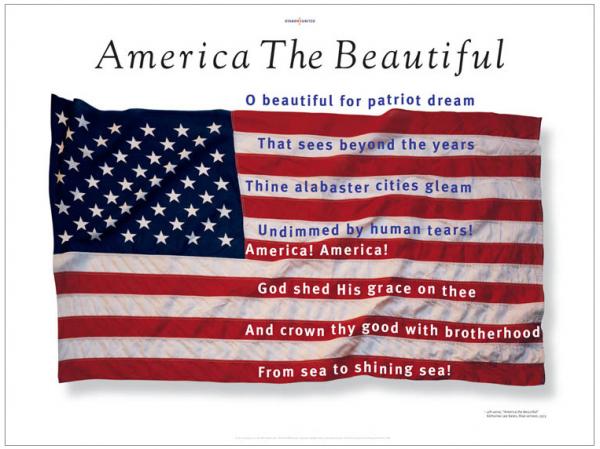A quick read on our practice (at theMovement) of the liturgy of the word of God. Why we hold up this ancient practice as well as the details of it.
THE
READING OF THE WORD
Why?
The ceremonial
reading of God’s word is as old as the origin of our faith. Jewish tradition and
biblical history exemplifies how God’s people made the reading of his laws and
promises an integral part of their gatherings. Jesus in Luke 4:16-20 honors this tradition when he stands
up in the synagogue to read out of the book of Isaiah.
In
the same way, the Church of Jesus for over two thousand years has honored this
same tradition/practice as observed in many ecumenical traditions (i.e. Catholics,
Orthodox, Presbyterians, Episcopalians, and Anglicans).
Similarly
at theMovement we believe that the liturgy of the word is an important part of
worship, for Jesus Himself is the “word of God.” This means Christ is present when we read His word. Furthermore, listening to God’s word helps
us grow in faith and more conformed to the mind of Christ. “The liturgy is a celebration not of
what God has said, but of God today speaking to our hearts and souls.”[1] For this reason we allow the word of
God to stand by itself prior to any exposition.
The Practice
·
First introduce your name, and what missionary
community you team lead.
Reader/Lector: (e.g.) “My name is Yemi Mobolade and I co-lead the Downtown-Central
Missionary Community”
·
The reading lesson will be on the passage to be
preached that day.
Reader/Lector: “A
reading lesson from the Book of ______ (eg.
Luke 4:16-20)”
·
Read the passage
·
At the end of the reading, the reader/lector
proclaims
Reader/Lector:
“The Word of the Lord.”
·
The people respond
All:
Thanks be to God!!!
[1] Our
Catholic Faith. “The Liturgy of
the Word” http://www.ourcatholicfaith.org/mass/word.html
(January April 26 2013)


















